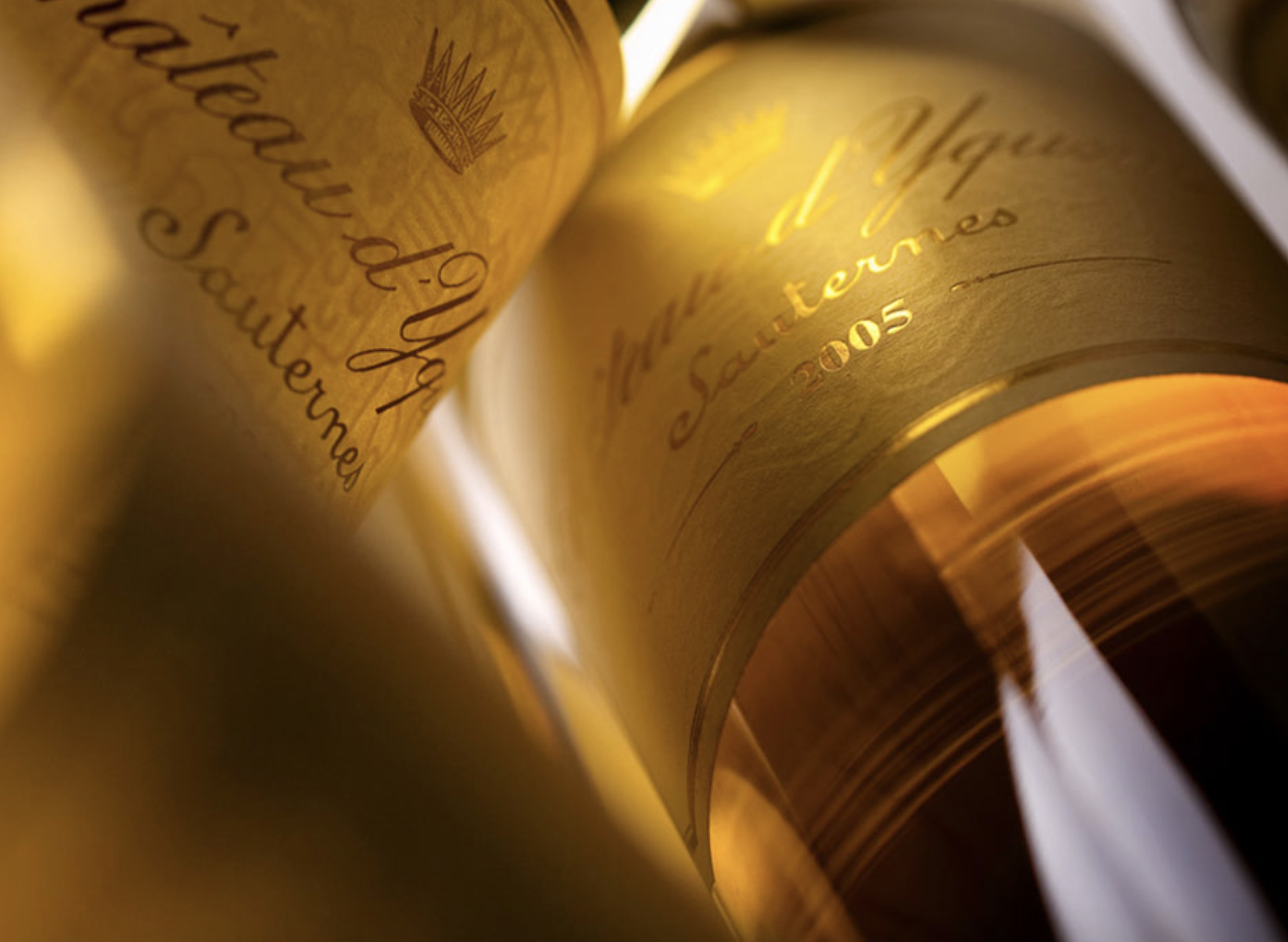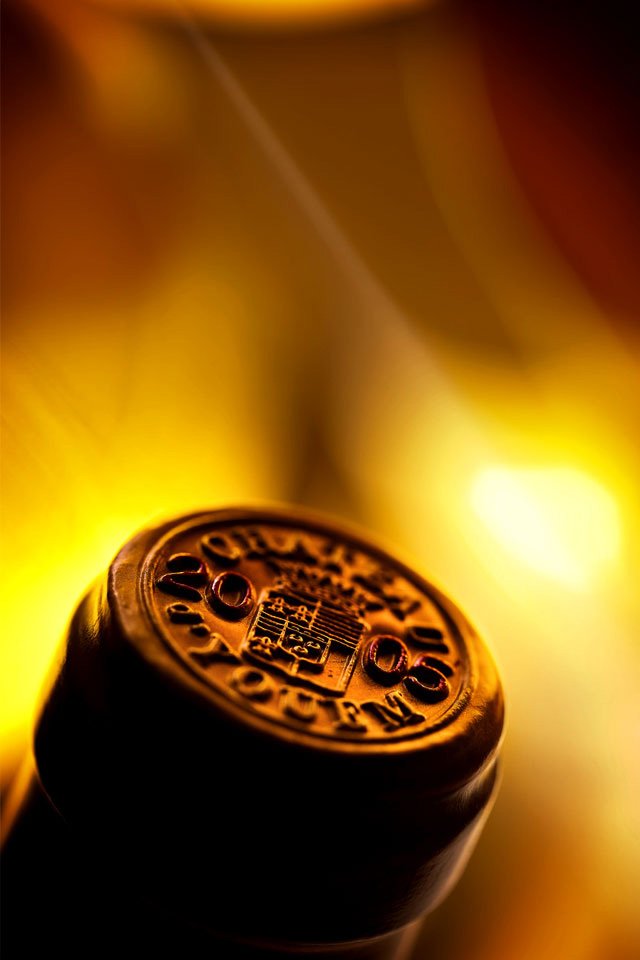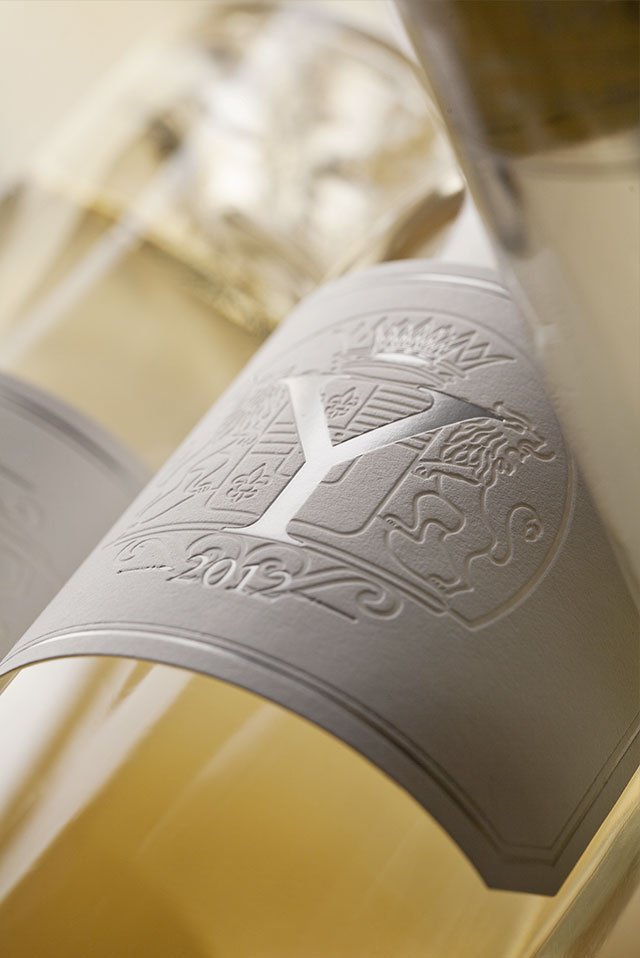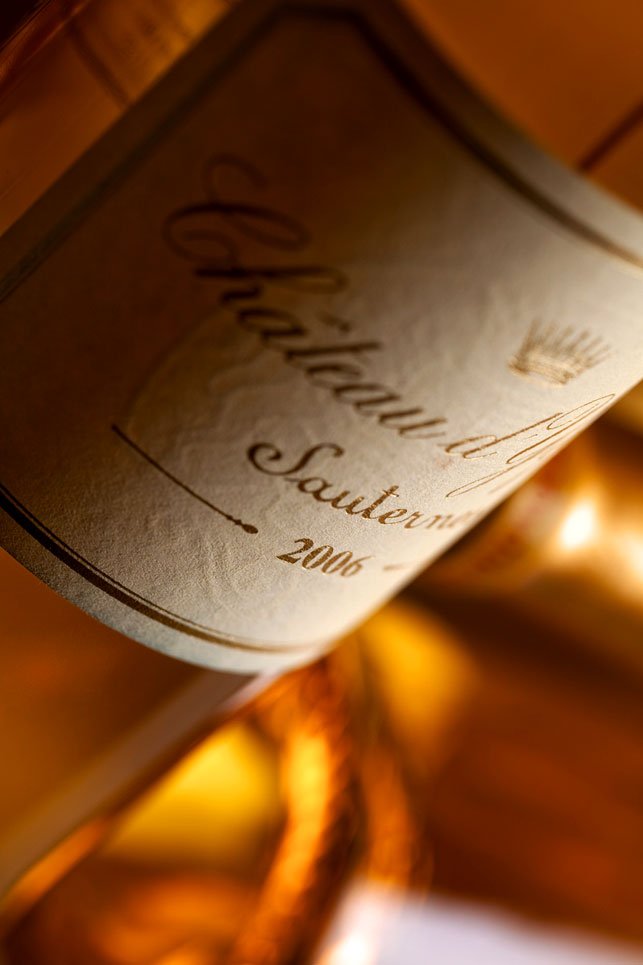Château d’Yquem: 400 years of Passion
Home to some of the most respected and desired Nectar of Gods, Château d’Yquem packs along with its vast cellar, a history filled of twists, turns and colourful personalities.
Château d’Yquem overlooking the vineyard.© Gérard Uferas
THE HISTORY:
Portrait of Françoise Joséphine de Sauvage D'Yquem © Chateau D'Yquem
Acquired by the Sauvage family in 1593 over a feudal tenure, Château D’Yquem had during the middle ages belonged to the King of England, who at the time was also Duke of Aquitaine. Any prospects of the Château being English were tossed aside when southwest France came under the dominion of the French crown by Charles VII.
At the time the estate was already used for wine growing practices according to the Château’s archives. Shortly after, the Sauvage family who had taken full ownership of the estate, set out to build the chateau and grow the present day vineyard, plot by plot.
In 1788, Françoise Joséphine de Sauvage d’Yquem, recently widowed from Count Louis Amédée de Lur-Saluces showed tremendous acumen in managing the estate. In 1826, she built a new cellar and transformed her established estate into an international success.
1855 – YQUEM PREMIER CRU SUPÉRIEUR
Françoise-Joséphine's grandson, Romain-Bertrand de Lur-Saluces took over the management of the estate and 1855, in posthumous recognition of the tremendous accomplishments of "the Lady of Yquem", the estate was designated the one and only premier cru supérieur in the famous classification made at the request of Emperor Napoléon III.
In the second half of the 19th century, Yquem was extremely prosperous with requests from all over the world spanning from Russia to Japan. The prosperity ceased with the start of the first World War in 1914, although the chateau had its role to play. During the war, the chateau was turned into a military hospital whilst Romain’s grandson Marquis Bertrand de Lur-Saluces became an officer in the trenches. Upon his return, he took over the management of the estate and contributed enormously to determining many of the legal aspects of the Sauternes appellation.
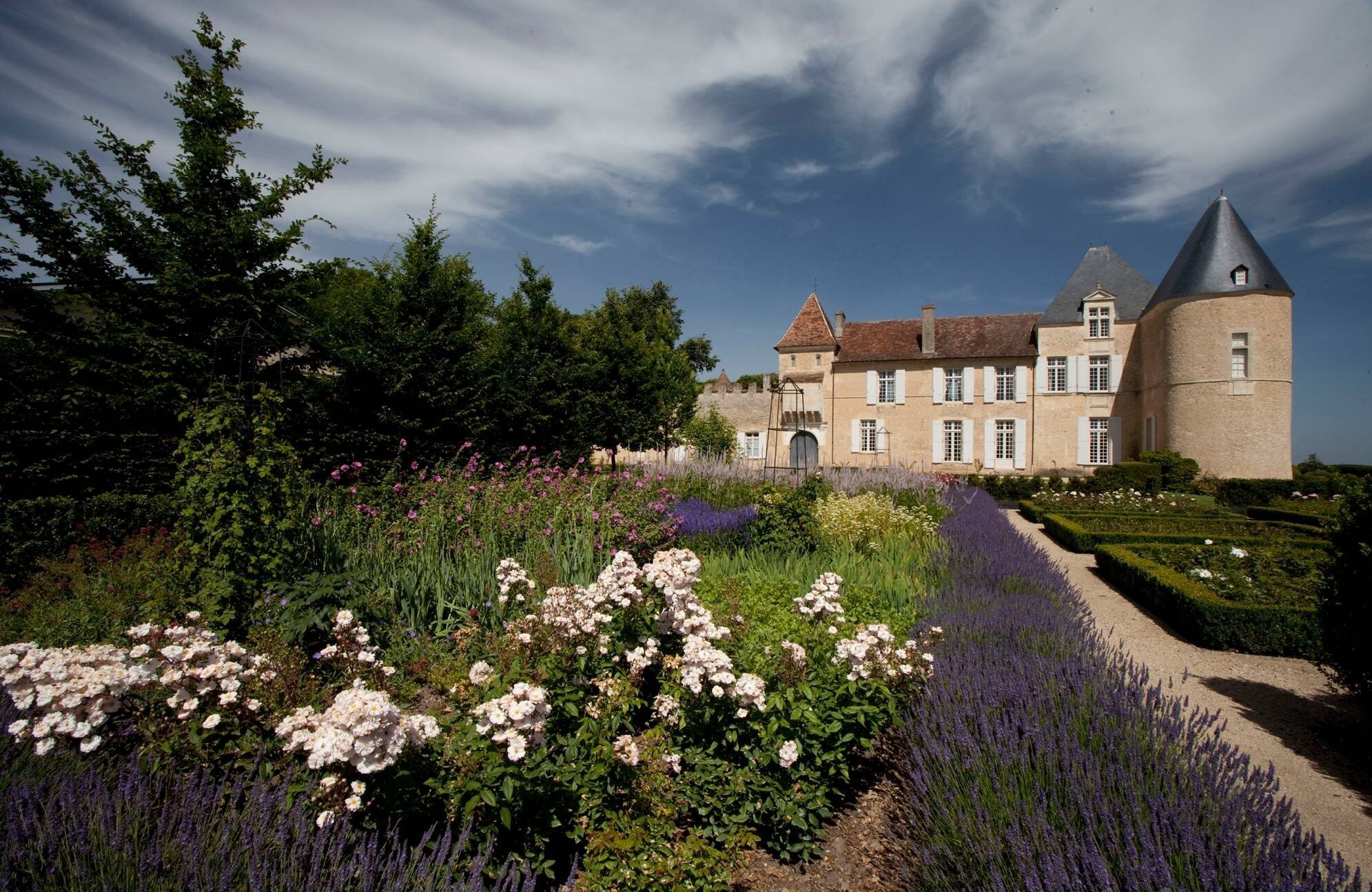
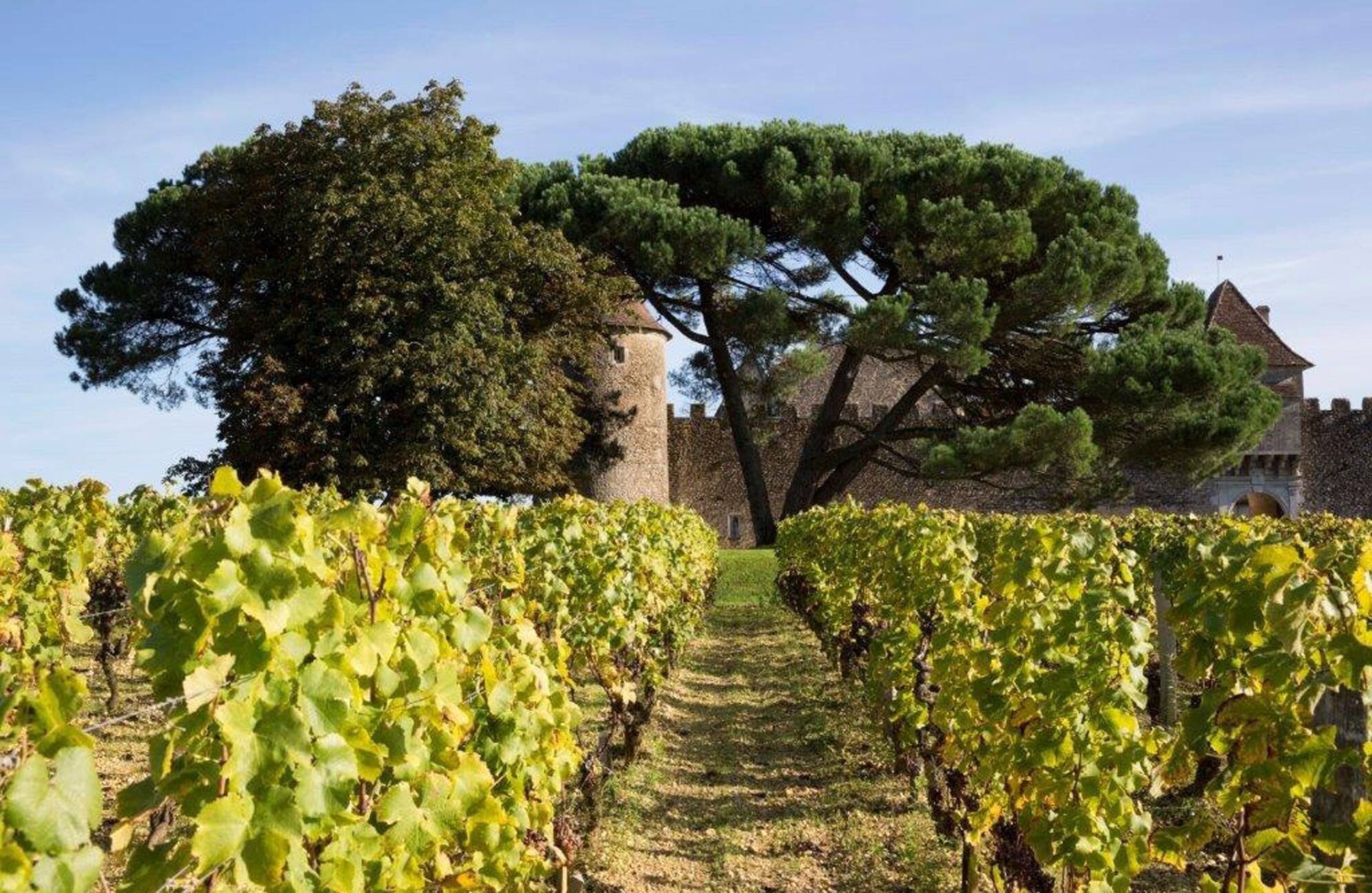
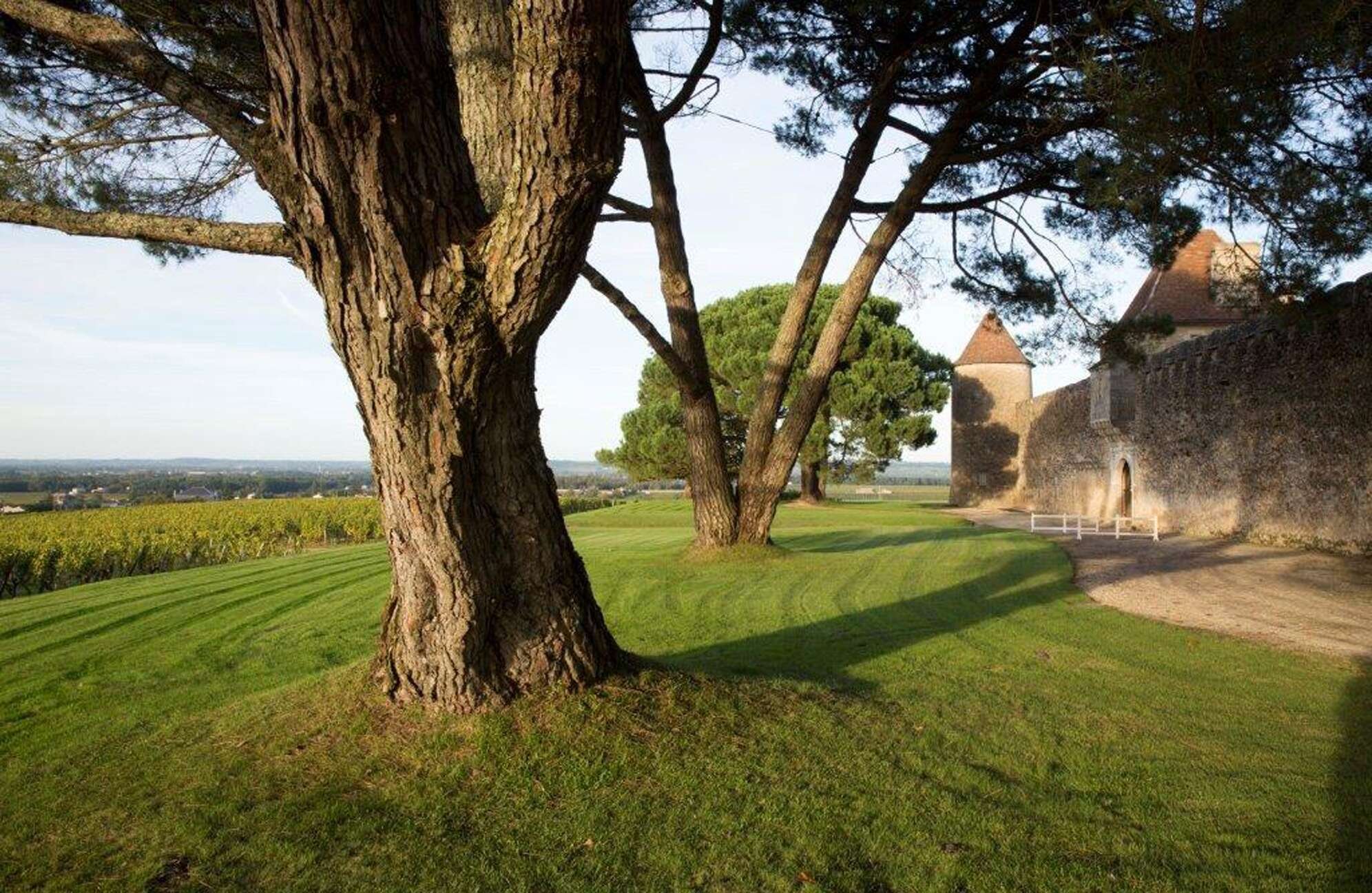
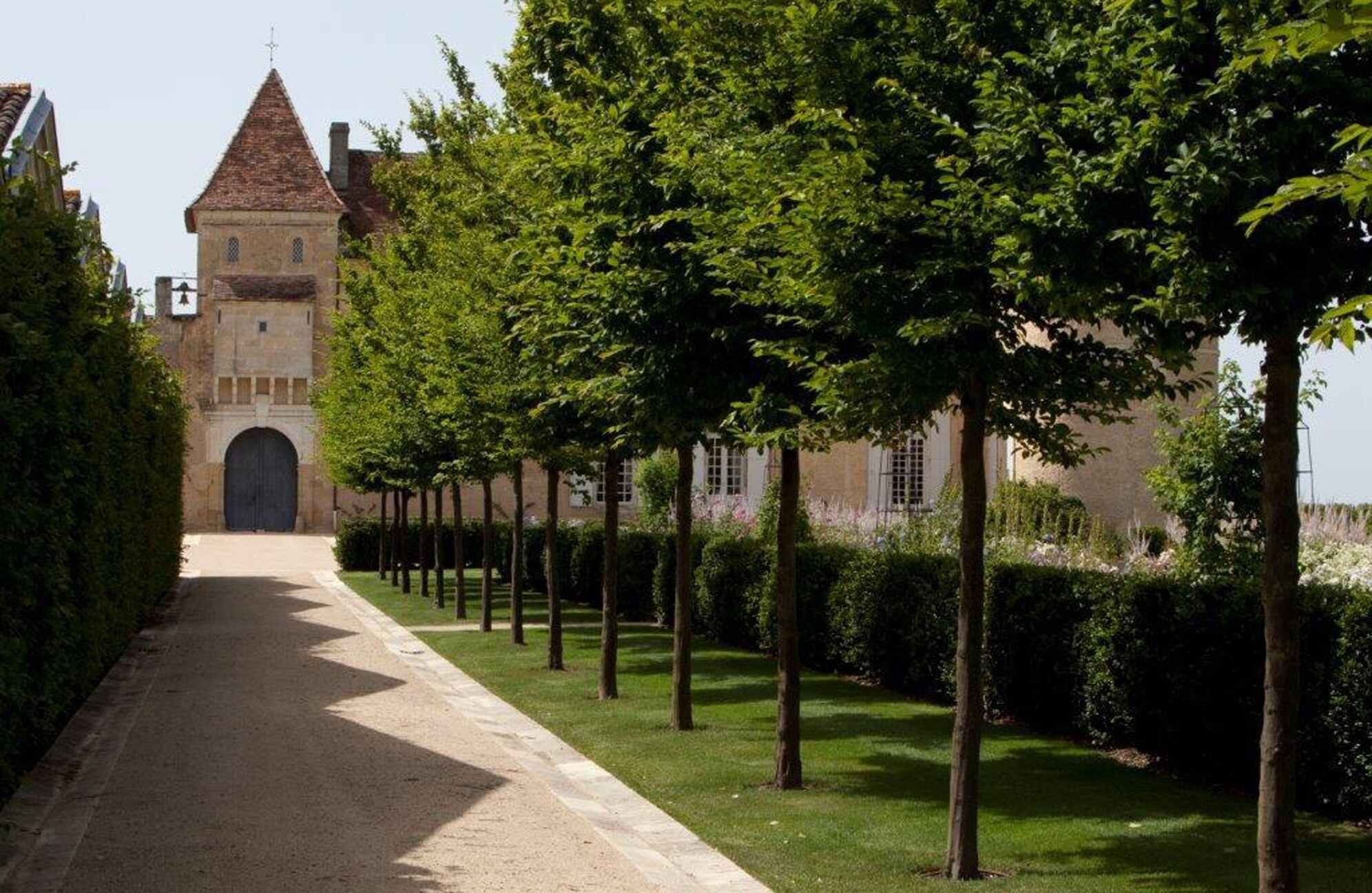
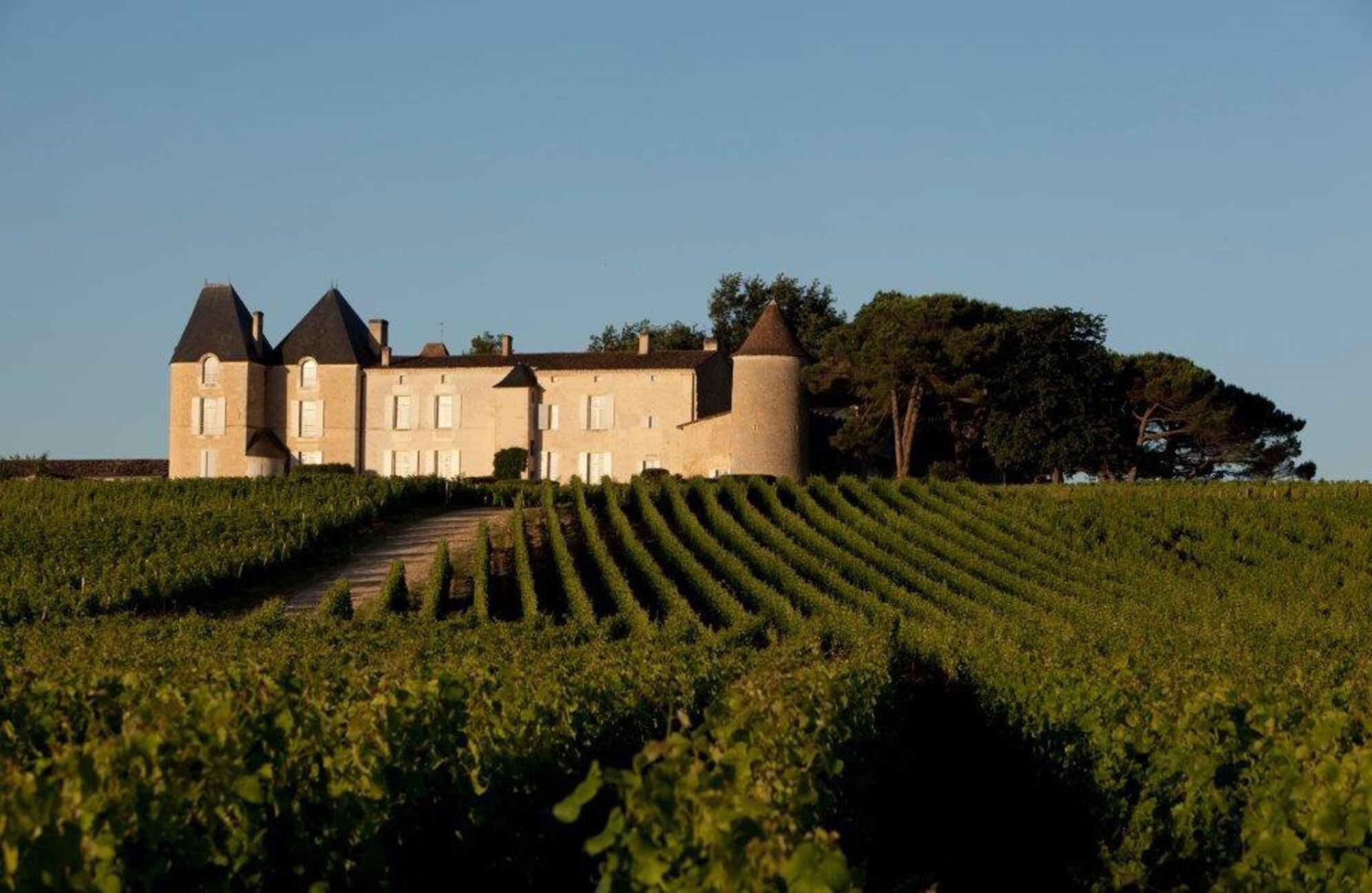
MODERN AND AUTHENTIC
Childless, Bertrand de Lur-Saluces designated his nephew Alexandre to take over the management of the estate. High inheritance taxes, bad vintages and a wine trade crisis threatened the survival of the estate. Luckily due to the count’s diligent approach and an excellent 1975 vintage Yquem survived despite three dreadful ones. During the 80s several fine vintages were produced enabling the company to find its feet again allowing for an increase in production and refine the technical expertise. In the late 20th century Yquem was acquired by LVMH marking a new chapter in the history of the château. The group to date continues to promote the authenticity of the estate and the skill of the winemakers.
A NEW DAWN
Harvest time at Yquem © Gérard Uferas
In recent years, Château d’Yquem has been trying to demystify its wines, encouraging wine lovers to enjoy new ways of tasting as well as trying to drive engagement with a younger crowd.
Whilst the oldest vintages of Yquem are highly sought after and appreciated by collectors and aficionados, they can now also be enjoyed in their infancy turning an unaccessible dream into an experiential reality. Everyone should taste a glass of Yquem at least once in their life despite there always being a good reason not to open a bottle.
Chateau D’Yquem top scores at auction
In 2011, the 1811 Château D’Yquem was bought for £75,000 at the Ritz by French Collector Christian Vanneque setting the record for a standard size white wine bought commercially.
In May 2017 a rare bottle of 1857 Château d'Yquem made £8,365 at the fine and rare wines auction at Bonhams.
In July 2017, four very rare bottles of Château d'Yquem 1869 sold for a combined total of £35,838 at Bonhams Fine Wine. The bottles had been estimated at £5,000-6,000 each.
In 2021, an 1811 Château D’Yquem, rated at 100 points by Robert Parker, was sold for $117,000 by the Antique Wine Company to French Collector Christian Vanneque.




